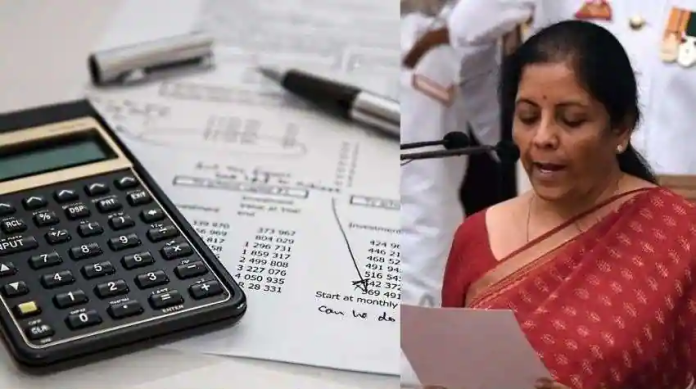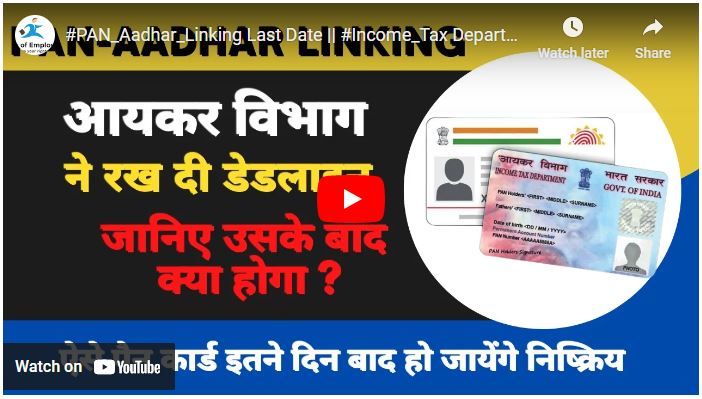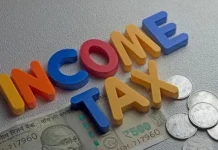Tax Free Slab: Income Tax is very important like other important things in the life of common man. Government’s preparations have started for the 2023 budget and people are expecting changes in the tax slab this time.
At the very beginning of the pre-budget meetings, the demand for revising it has started rising. The central government is considering increasing the tax-free slab to Rs 5 lakh in the two-year-old alternative personal income tax regime. According to a government official, at present the taxpayer does not have to pay any tax if his annual taxable income is Rs 2.50 lakh. By increasing the scope of tax-free slabs, the tax burden on the taxpayers will be reduced and they will be left with more money to spend or make suitable investments.
He said that very few taxpayers have opted for the alternative tax regime. If taxpayers take advantage of tax exemptions like Section 80C, Section 80D, then the tax liability in the old personal income tax system comes down. But there is no benefit of any kind of deduction in the new system. This step is being taken because very few people have adopted the new tax system.
Tax related agenda will start from next week
According to sources, this issue has been raised during the preparations for the upcoming budget and the concerned departments have been asked to suggest ways to improve the system. The official says that as part of the budget-making exercise, the tax-related agenda will start from next week, where we will look into the possibility of such changes in the taxation system. However, he said that while considering any such proposal, it must be seen that how much this change will affect the total revenue received by the government and whether we have the scope to do so or not.
He said that a preliminary estimate of the impact on revenue due to the increase in the tax-free range under the new system has been done and it can be sent to the budget makers for consideration. He said that it can also be discussed that there is no need to change both the old and new systems of personal income tax.
Understand the new tax slab like this
If we look at the new tax slab, the tax rate has been kept low in it. The new tax slab is different from the old slab in many ways. There are more slabs with lower rates. Apart from this, the benefits of many exemptions and deductions have been reduced as compared to the old tax slab. In this system, as the income increases, the tax slab increases and in this sequence the tax liability also increases.
- Zero tax on earning up to 2.5 lakhs,
- 5% on 2.5-5 lakhs (exemption under 87A),
- 10% on 5-7.5 lakhs,
- 15% on 7.5-10 lakhs,
- 20% on 10-12.5 lakhs,
- 25% on 12.5-15 lakhs,
- 30% tax has to be paid on income above 15 lakhs.
Old tax slab
In the old tax slab, no tax has to be deposited on income up to 5 lakhs. Apart from this, under section 80C, there is exemption from depositing tax on investment of Rs 1.5 lakh. Accordingly, taxpayers do not have to pay tax on income up to about 6.5 lakhs. Income tax rate in old tax regime or old tax slab mainly depends on your income and income slab. Age is also taken into account in this.
- Up to 2.5 Lakh – 0%
- 2.5 lakh to 5 lakh – 5%
- 5 lakh to 10 lakh – 20%
- Above 10 Lakh – 30%
Need for consultation with stakeholders
The new system of alternate personal income tax slabs with a lower rate of tax was introduced as an option in the Union Budget 2020-21. However, estimates suggest that only 10 to 12 per cent taxpayers have opted for it due to higher tax liability as compared to the old system. There is also discussion on reforms in direct taxes including restructuring of capital gains tax. With regard to capital gains, the official indicated that it would be a separate exercise and could be done outside the budget, as it required extensive consultations with all stakeholders.
















